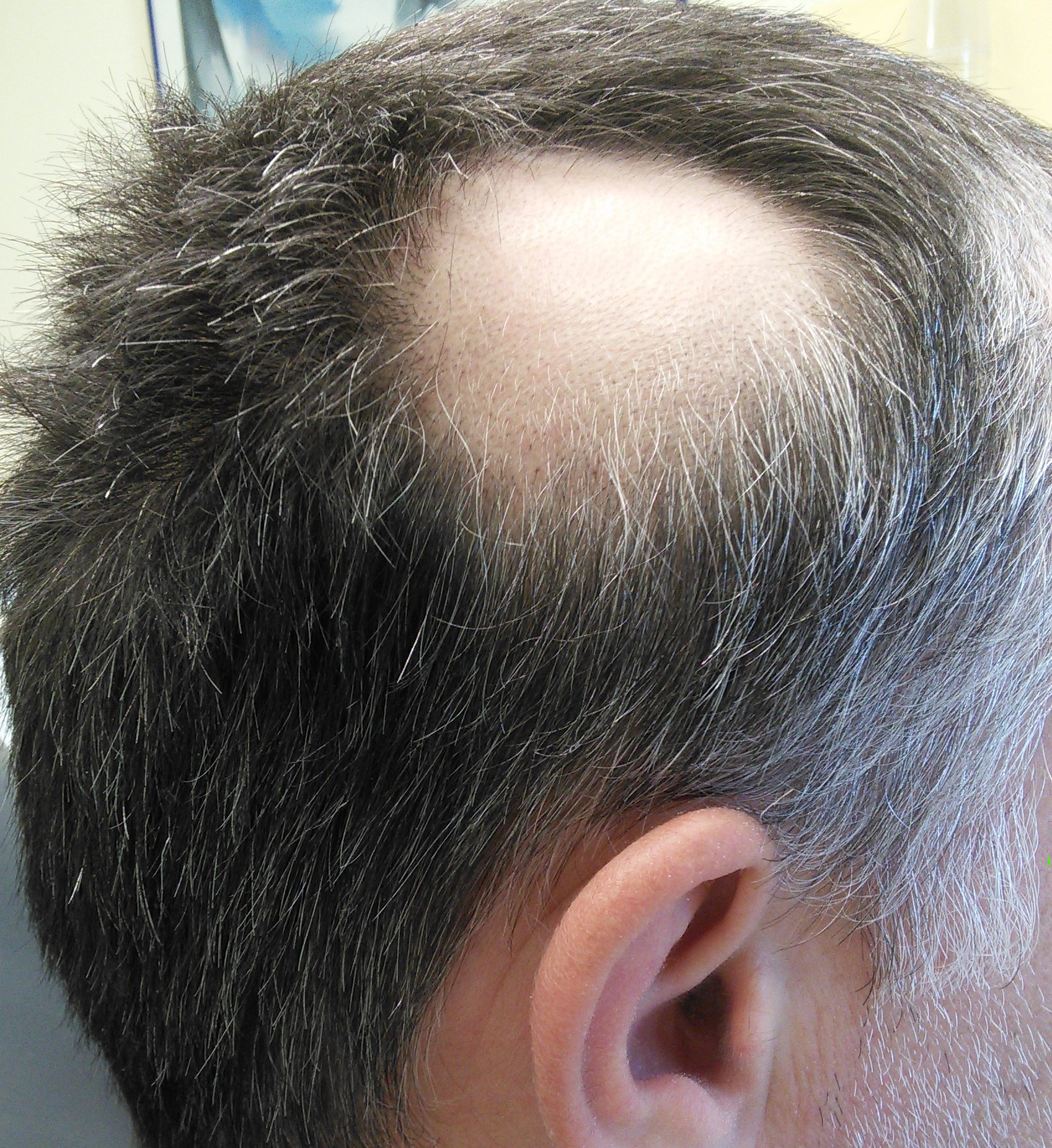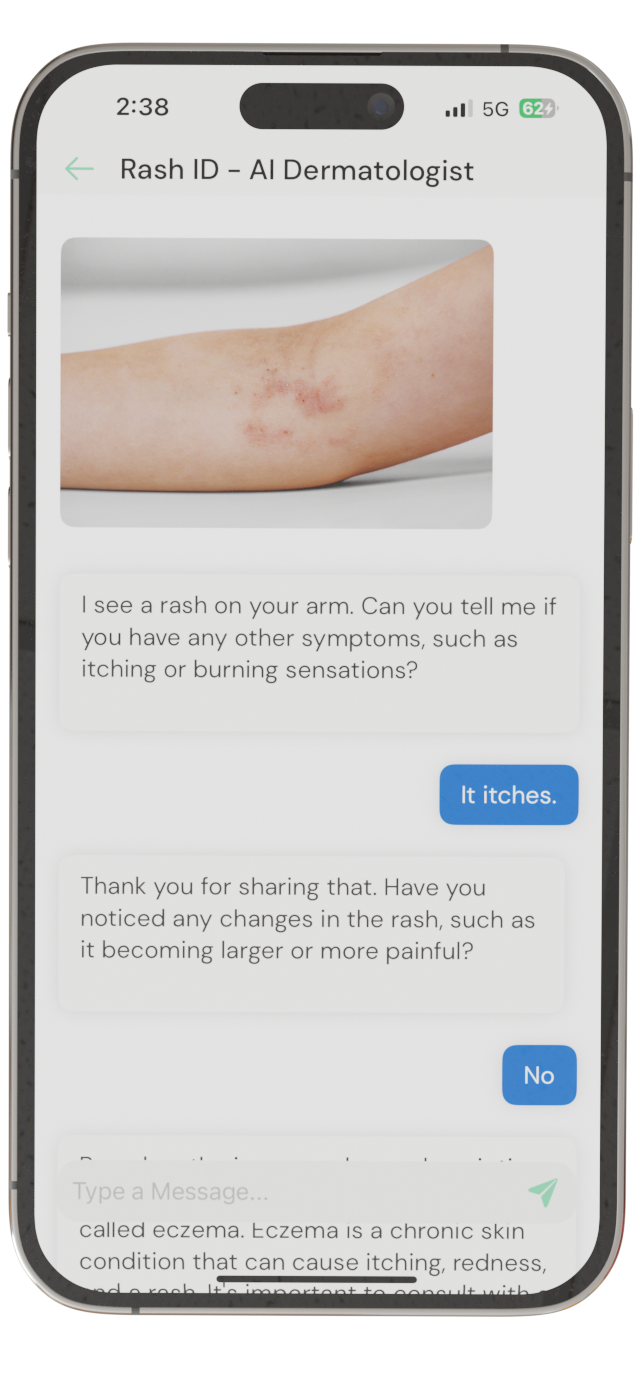
Understanding Alopecia Areata
What is Alopecia Areata?
Alopecia areata is an autoimmune disorder that causes sudden and often unpredictable hair loss. It occurs when the immune system mistakenly attacks hair follicles, leading to hair loss most commonly on the scalp, though it can affect other body areas. This condition can manifest as smooth, round bald patches or more extensive hair loss in severe cases.
Types of Alopecia Areata
Alopecia areata presents itself in several forms depending on the extent and location of hair loss:
- Patchy Alopecia Areata: The most common type, characterized by one or more coin-sized patches of hair loss on the scalp or other body parts.
- Alopecia Totalis: Complete hair loss on the scalp.
- Alopecia Universalis: Total hair loss over the entire body, including eyebrows, eyelashes, and facial hair.
- Diffuse Alopecia Areata: Sudden thinning of hair across the entire scalp rather than specific patches.
- Ophiasis Alopecia Areata: Hair loss occurs in a band along the sides and lower back of the scalp.
Who Gets Alopecia Areata?
Alopecia areata can affect individuals of any age, gender, or ethnicity, though it most frequently occurs before the age of 30. Those with a family history of alopecia or other autoimmune disorders may have a higher risk of developing the condition. Environmental factors, stress, or viral infections may also contribute to the onset of alopecia areata.
According to the National Alopecia Areata Foundation, approximately 2% of people in the United States, roughly 6.8 million, will experience alopecia areata during their lifetime.
Symptoms and Causes
What are the Signs of Alopecia Areata?
The primary symptom of alopecia areata is noticeable hair loss, which may occur on the scalp, eyebrows, eyelashes, or other parts of the body. Hair loss often appears suddenly, with small, round patches forming within days to weeks. In some cases, hair may regrow in one patch while new bald spots simultaneously appear.
Other symptoms may include:
- Exclamation Mark Hairs: Hairs that are narrower at the base.
- Nail Abnormalities: Ridges, pits, or brittle nails.
- Scalp Itching or Tingling: Some people experience these sensations before hair loss begins.
What Causes Alopecia Areata?
Alopecia areata is an autoimmune condition, meaning the body’s immune system mistakenly targets healthy cells—in this case, hair follicles. The exact mechanisms that trigger the immune response in alopecia areata remain unknown, though genetic and environmental factors are believed to play a role.
Diagnosis and Tests
How is Alopecia Areata Diagnosed?
Diagnosis of alopecia areata is typically clinical, based on the observed pattern of hair loss. A dermatologist may conduct a few additional tests to confirm the diagnosis and rule out other conditions, including:
- Scalp examination: Visual assessment of the bald patches.
- Pull test: Assessing hair strength by gently pulling a hair cluster.
- Scalp biopsy: A small skin sample is taken and examined under a microscope.
- Blood tests: Used to check for other autoimmune conditions.
Management and Treatment
How is Alopecia Areata Treated?
While there is no cure for alopecia areata, treatments can aid in hair regrowth and prevent further hair loss. Options include:
Topical Treatments
- Corticosteroids: Anti-inflammatory drugs that suppress the immune system. Available in ointment or cream, such as clobetasol propionate Learn more.
- Topical Immunotherapy: Chemicals like DPCP are applied to the skin to incite an allergic reaction, which can promote hair regrowth Read about it.
- Minoxidil (Rogaine®): Over-the-counter medication that helps stimulate hair growth.
Oral Medications
- Cortisone tablets or injections: Used for quick, extensive hair loss cases.
- JAK inhibitors such as tofacitinib (Xeljanz®): Experimental, showing promise in trial settings Details here.
Other Therapies
- Phototherapy: Ultraviolet light treatment applied in a clinical setting.
- Platelet-rich plasma therapy (PRP): Injections using your blood components to promote hair growth Find out more.
Home Remedies and Lifestyle Adjustments
While there are no definitive home remedies for alopecia areata, managing stress levels and maintaining a healthy diet may contribute positively to treatment. Consider support groups or counseling to cope with the emotional impacts of hair loss.
Does Alopecia Areata Go Away by Itself?
In many cases, hair may regrow on its own without treatment, especially in mild cases with few patches. However, there is always a risk of recurrence at any time.
Prevention
Unfortunately, there are no surefire ways to prevent alopecia areata due to its autoimmune nature. However, managing stress, leading a healthy lifestyle, and following prescribed treatments can help minimize flare-ups.
Outlook / Prognosis
Can Alopecia Areata Come Back?
Yes, alopecia areata can be a chronic condition with unpredictable cycles of hair loss and regrowth. Continuous monitoring and following dermatological guidance are essential in managing potential future outbreaks.
What are the Complications of Alopecia Areata?
Alopecia areata doesn’t directly cause physical health issues, but the psychological impact can be significant. Anxiety, depression, and social phobias are common concerns. Seeking emotional support and professional counseling can provide coping strategies.
Living With Alopecia Areata
When Should I Call the Doctor?
If you detect sudden or unexpected hair loss, experience significant scalp discomfort, or notice changes in nail texture, reach out to a healthcare provider. Prompt consultation can open doors to effective treatment and management.
What Questions Should I Ask My Doctor?
Ask your dermatologist the following:
- What type of alopecia areata do I have?
- What treatment options do you recommend?
- How long does treatment typically take to see results?
- What should I do if my condition recurs?
- Are there any side effects of the treatment?
- Is it safe to use multiple treatments simultaneously?
- How can I best manage stress related to hair loss?
Additional Common Questions
Is Alopecia Areata Contagious?
No, alopecia areata is not contagious. It’s an autoimmune disorder unrelated to infectious diseases.
How Does Alopecia Areata Affect Quality of Life?
For many, alopecia areata can have a profound emotional impact. Changes in appearance may affect self-esteem and social interactions. Offering or seeking support can help improve quality of life.
Can Diet Influence Alopecia Areata?
While no specific diet can prevent or cure alopecia areata, balanced nutrition is crucial for overall health and well-being.
Join support communities or resources like the National Alopecia Areata Foundation for more information and support.

Identify Skin Conditions Instantly
Try Rash ID for Free